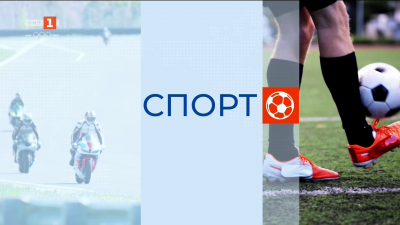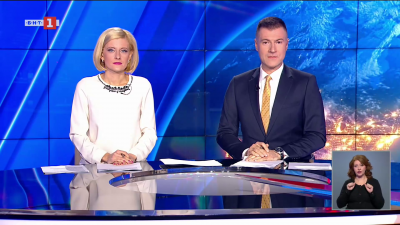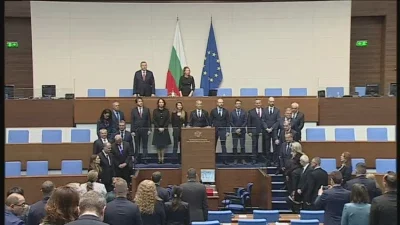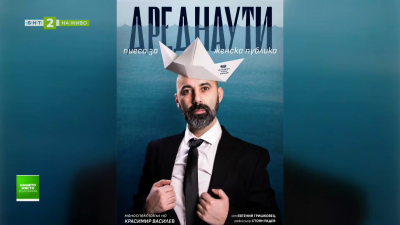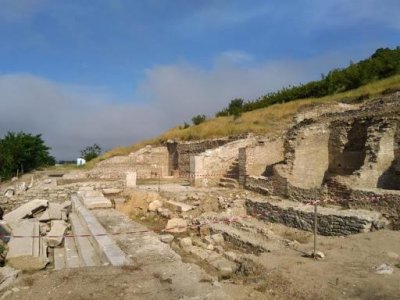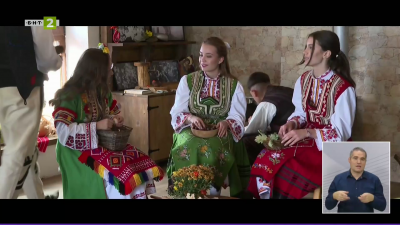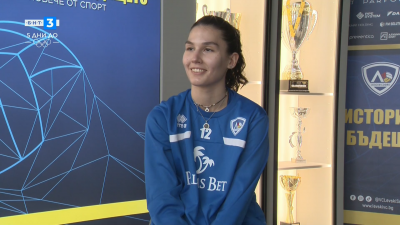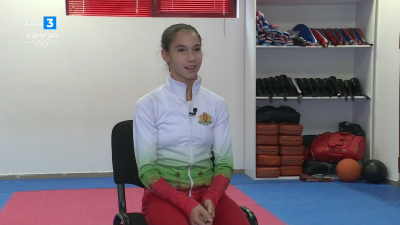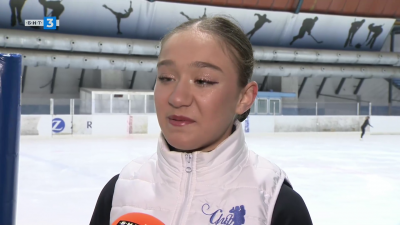UNESCO Assistant Director-General: Bulgaria has a unique cultural heritage
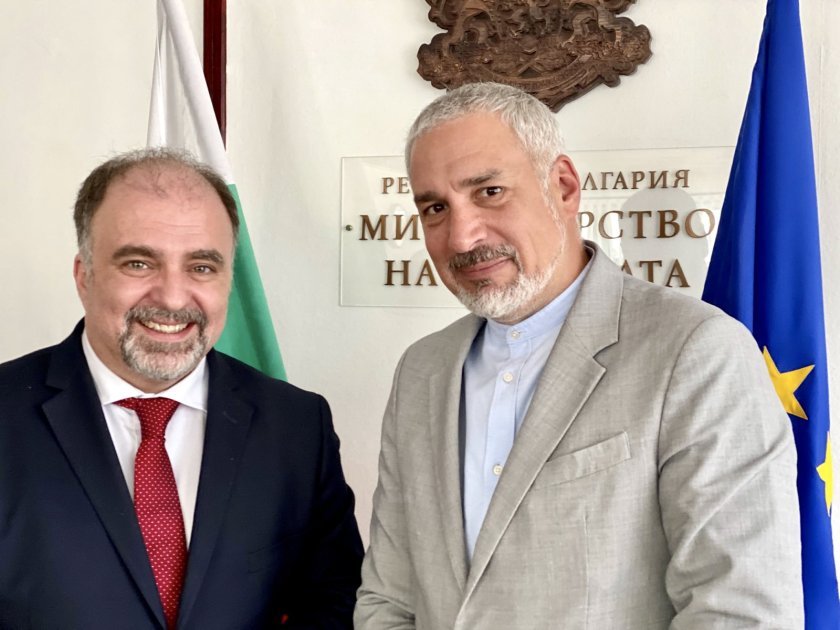
Bulgaria’s caretaker Minister of Culture, Naiden Todorov, met with UNESCO Assistant Director-General Ernesto Ottone and the Head of the Europe Unit at the World Heritage Centre, Ms Berta de Sancristobal.
The meeting held today, March 9, at the Ministry of Culture was also attended by the Deputy Minister of Culture, Assoc. Prof. Boris Danailov, Petar Miladinov, Head of the Department of International Cooperation and European Programmes at the Ministry of Culture, Emanuela Tomova, Secretary General of the Bulgarian National Commission for UNESCO, Ministry of Foreign Affairs, and Zornitsa Grekova, Deputy Permanent Delegate of Bulgaria to UNESCO.
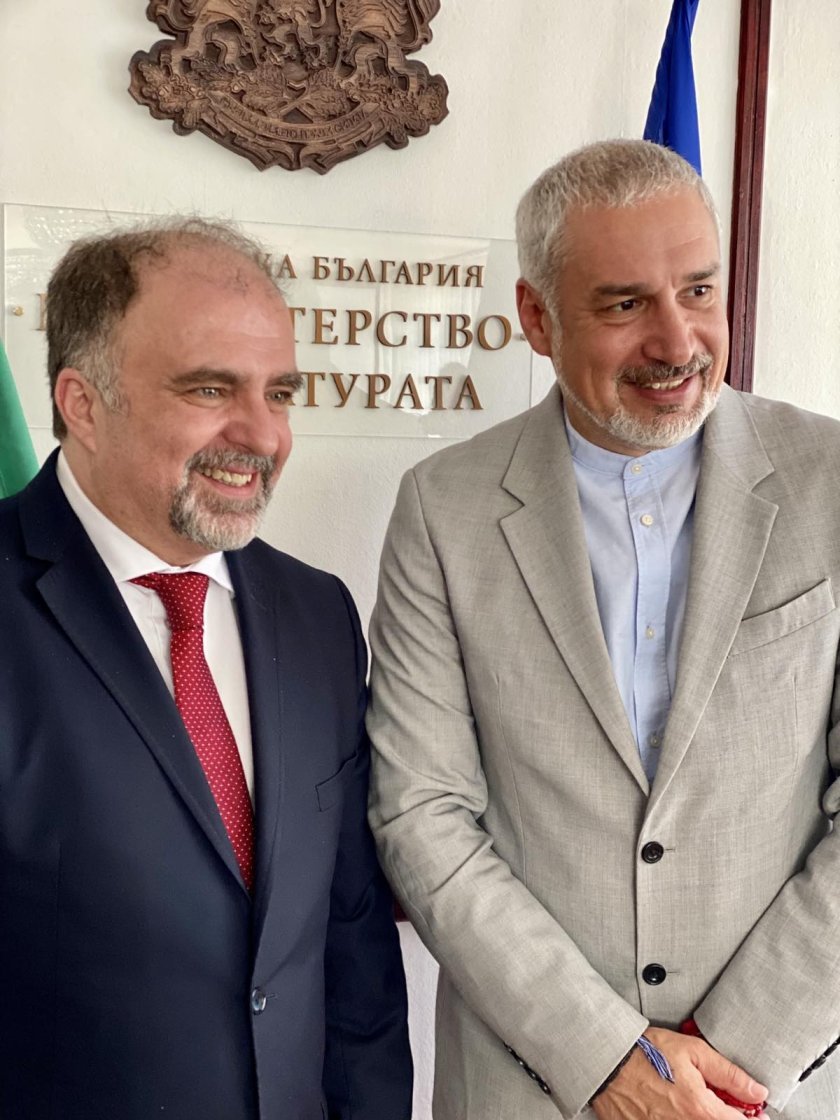
At the beginning of the conversation it became clear that Ernesto Ottone was visiting Bulgaria for the fourth time, and the last two times in his capacity as UNESCO representative. "We have learned a lot from this trip, you have serious expertise here and it is not only in Sofia," said Ottone.
He commented enthusiastically on the Bishop's Basilica in Plovdiv and our mosaic heritage. He said that they have seen many mosaics, but not on such an area and displayed in this way, so we should be proud of them. Minister Todorov welcomed the UNESCO representatives and commented on the project for a world centre for the arts on the island of St. He also commented on the World Art Centre on “St. St. Cyricus and Julitta” island near the seaside town of Sozopol. "We are at the beginning of a long process and this is something we cannot do alone," he pointed out.
Ottone recalled that back in 2021 he had discussed this project with the then Minister of Culture Prof. Velislav Minekov. "The professor then told me about the idea for the island and I realised that it was important to see it on the ground because it gives a different view from the documentation," Ottone said.
He added that after the mission in his country, which he described as very successful, he had many ideas. "I have seen similar projects related to underwater archaeology only in Tunisia, Italy and Spain, the centre you have here is something unique for your country that you can also be proud of," Ottone said. According to him, Blgaria has a huge potential to develop the Centre for Underwater Archaeology and the presence of experts, especially women experts in this field, is something very rare and valuable.
He added that the country is also possible to find international assistance, as Bulgaria was the first of the countries to ratify the Convention on the Protection of the Underwater Cultural Heritage adopted in 2001 by the UNESCO General Conference.
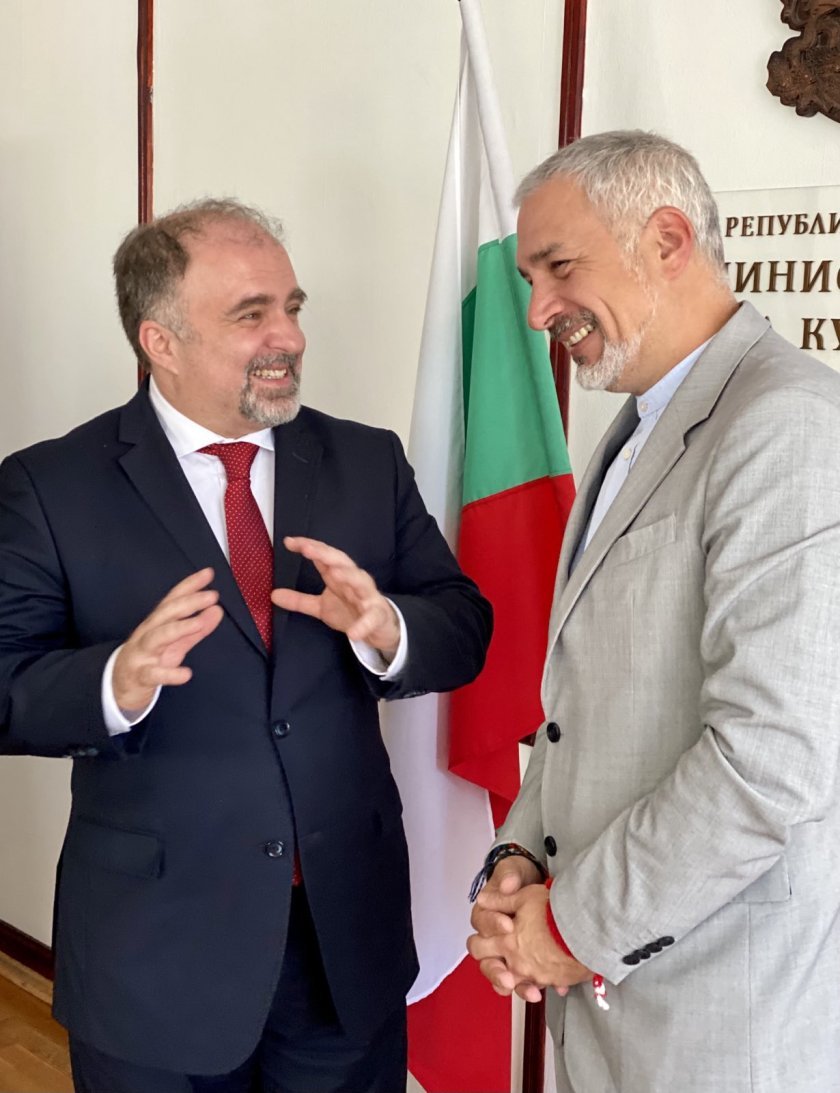
With regard to the visit to the island of St. St. Cyricus and Julitta, Ernesto Ottone said that he and Berta de Sancristobal had seen many layers of history on the island and in the museum. Therefore, it is also important to determine in which direction the project should go and to identify its focus. In his opinion, not all the buildings on the island need to be preserved, as they do not all have the same cultural and historical value.
Furthermore, if this project was to be considered as a pilot by UNESCO, international funding would also need to be sought as the buildings were in a state of emergency. He pointed out that this country wants the project to have an international resonance and therefore, first of all, it needs to decide what to focus on and identify a few priorities to make the idea a success.
Ottone also said that the place has a huge potential and deciding how to present the cultural heritage is the big opportunity and challenge. Thought should be given to how the site could be open all year round, so that not only the summer tourists are covered as the target group. To this end, we could turn to other aspects such as creativity and research, and from the Bulgarian side, Assoc. Danailov pointed out that the aspiration is to integrate also an educational centre, as the decentralisation of educational institutes is key.
Somehow this could also fit into the framework for arts education that UNESCO is looking at, Ottone said. Minister Todorov added that it is also of utmost importance to continuously educate different communities on the value of our cultural heritage. It is important in achieving an understanding of how Bulgaria will create a hub for creative activity.
As a recommendation, Ernesto Ottone suggested creating a place for residencies for contemporary artists, similar to the International Centre for the Arts, a creative residency in Paris, the Cité des Arts. It is also important to focus on having a research centre in the context of the work of the Centre for Underwater Archaeology. Ottone said that he had also become familiar with the previous island project of Arch. Todor Krastev, and he said that it focused more on the development of the island as a cultural hub, while the ideas now are towards a focus on underwater archaeology and there are many new points.
Another very important recommendation from UNESCO Assistant Director-General Ernesto Ottone was that consultations should be held with the communities around the island be consulted so that it is clear what their attitudes and needs are. A sense of belonging is extremely important and would help preserve cultural heritage, Minister Todorov was adamant.
He thanked UNESCO for its cooperation and attention to this important project for our country and stressed that we would not have succeeded without the assistance of the world organisation. "You have given us hope that we are working in the right direction," said Minister Todorov. He added that the task is long-term, exceeding even a full term of office, and he hopes that the ministers will continue it successfully after that.
"This is a wonderful and unique project and we will be with you every step of the way, with our expertise and knowledge," Ernesto Ottone assured the Minister.
After the meeting, UNESCO Assistant Director-General Ernesto Ottone also participated in a meeting at the National Gallery - "The Palace" with representatives of the Ministry of Culture, the Ministry of Foreign Affairs, the Bulgarian Academy of Sciences and the Regional Centre for Intangible Cultural Heritage under the auspices of UNESCO in South-East Europe. He told the media that Bulgaria has chosen important priorities in the field of culture and has done its job well.
Before leaving Bulgaria today, Mr Ernesto Ottone and Ms Berta de Sancristobal will also meet the Caretaker Minister of Foreign Affairs, Mr Nikolai Milkov.
Images by Ministry of Culture
Get the latest news wherever you are!
Follow us on
Facebook
and
Instagram
Follow BNT’s YouTube channel
You can now also watch us on
TikTok
Find us on
Google News







